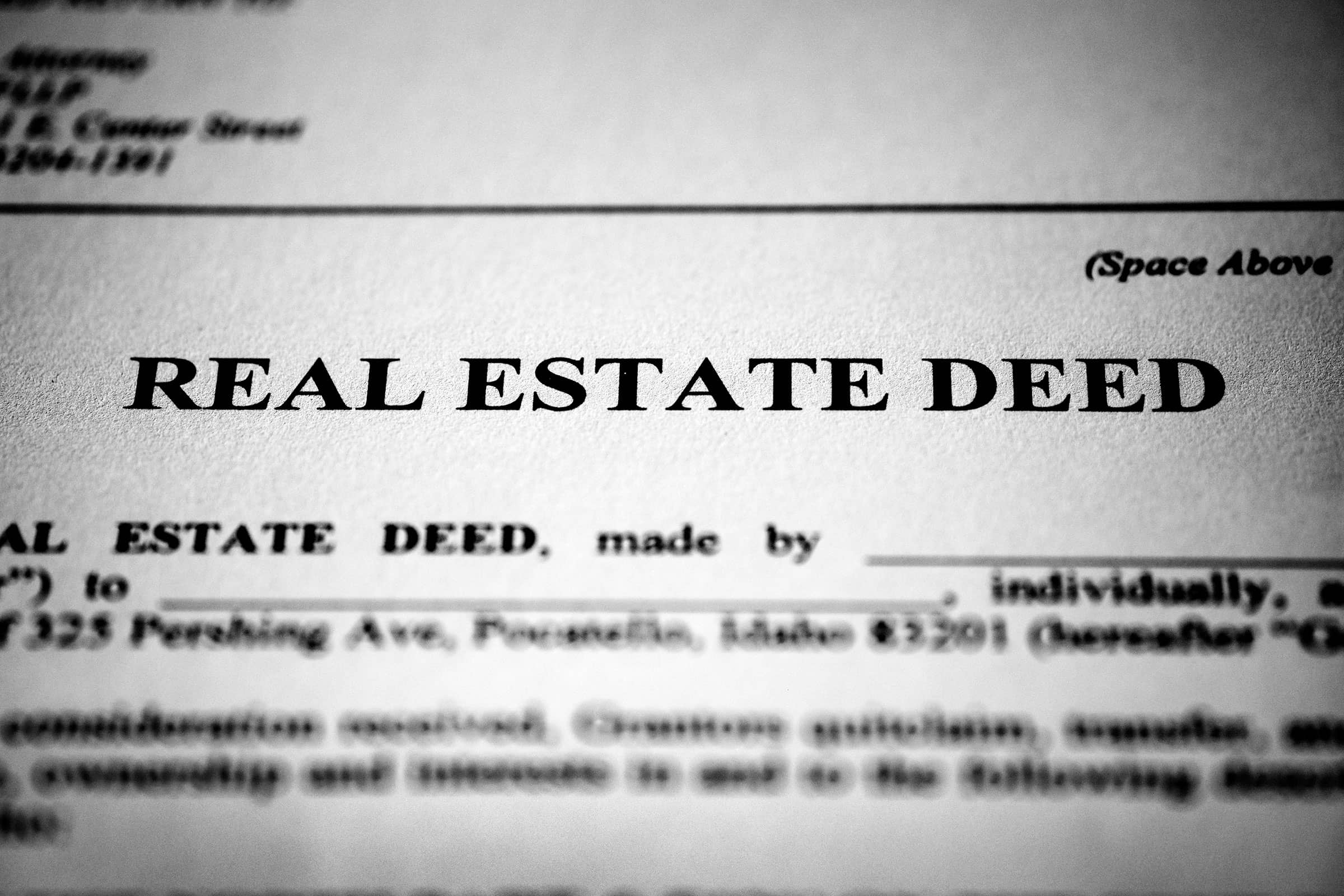
Exploring the Basics: What is a Deed in Real Estate and How Does it Impact Property Ownership?
A key term in real estate is Deed, but what is a deed in real estate? A deed is a legal document that is crucial in real estate transactions. It serves as tangible proof of ownership of a property and outlines the rights and responsibilities associated with it. Understanding the importance of deeds is essential for both buyers and sellers in the real estate market. There are different types of deeds used in property transactions, each with its own specific purpose and level of protection. From warranty deeds to quitclaim deeds, it is essential to know which type of deed is being used and its implications for both parties involved. Transferring a deed is a crucial step in real estate transactions. It involves legally transferring ownership from one party to another, ensuring a smooth and lawful transfer of property rights. However, issues and challenges can arise with deeds, such as errors or disputes over ownership. It is important to address these issues promptly to avoid any complications down the line.
In this article, we will delve deeper into the role of deeds in real estate, explore the different types of deeds, and discuss the importance of understanding and addressing any issues that may arise with deeds in property transactions.
Understanding the Role of Deeds in Property Transactions
What exactly does a deed have to do with buying or selling a piece of property? Well, let me break it down for you. A deed is a legal document that transfers ownership of a property from one party to another. It serves as proof that the transfer has occurred and provides a legal record of the transaction. When you buy or sell a property, you will need to sign a deed to transfer the ownership rights. The deed includes essential information such as the names of the buyer and seller, a description of the property, and any conditions or restrictions that may be attached to the transfer. Ensuring that the deed is properly drafted, executed, and recorded is crucial to protect your rights as a property owner.
Types of Deeds in Real Estate
One common type of document used in property transactions is the warranty deed, which guarantees that the seller has clear ownership and the right to transfer the property. This type of deed provides the highest level of protection for the buyer, as it includes warranties that the seller will defend against any claims made by third parties. Another type of deed is the quitclaim deed, which transfers whatever interest the seller has in the property without making any warranties. This type of deed is commonly used in situations where the buyer trusts the seller, such as transferring property between family members. Lastly, there is the special warranty deed, which is similar to the warranty deed but only guarantees the seller’s ownership during their ownership period.
Importance of Deeds in Establishing Ownership
Imagine how devastating it would be to lose the sense of security and pride of owning a piece of land you have worked so hard for. This is why deeds play a crucial role in establishing ownership in real estate. A deed is a legal document that transfers the title of a property from one person to another. It serves as proof of ownership and protects the rights of the property owner. Without a deed, there would be no official record of ownership, leaving the property vulnerable to disputes and potential loss. Additionally, a deed provides important information about the property, such as its boundaries, restrictions, and any liens or encumbrances. Therefore, having a proper deed is essential for both the buyer and seller to ensure a smooth and secure real estate transaction.
How Deeds are Transferred in Real Estate
To transfer ownership of a property, you must understand how deeds are transferred in the world of property. The process of transferring a deed involves a few key steps. First, the current owner must sign a legal document known as a deed, which contains the necessary information to transfer ownership to another person or entity. This document must then be recorded with the county or city where the property is located. Once recorded, the deed becomes part of the public record and serves as proof of ownership. It is important to note that the transfer of a deed requires the consent of both parties involved, and any liens or encumbrances on the property must be addressed before the transfer can be completed.
Common Issues and Challenges with Deeds in Property Transactions
Navigating the complexities of property transactions can be particularly challenging when addressing common issues and obstacles that may arise during the transfer of ownership. One common issue is the presence of liens on the property. A lien is a legal claim on the property that can arise from unpaid debts or judgments. If a lien is discovered, it can delay or even prevent the transfer of ownership until it is resolved. Another challenge is the possibility of errors or discrepancies in the deed. This can occur when there are mistakes in the legal description of the property, misspelled names, or missing signatures. Such errors can cause significant delays and may require legal intervention to rectify. Lastly, issues related to inheritance can complicate the transfer of ownership, especially if there are multiple heirs or the deceased did not leave a clear will. These challenges can make the process of transferring a deed in real estate more time-consuming and costly.
Frequently Asked Questions
Frequently Asked Questions
In conclusion, understanding what a deed is in real estate is crucial for both buyers and sellers in Colorado’s thriving real estate market. As we have discussed, a deed is a legal document that serves as proof of ownership and transfer of property rights. It is essential to ensure that the deed is accurate, valid, and properly recorded to protect your investment.
If you are looking to buy or sell a property in Colorado, you need a reliable and experienced real estate team by your side. The Storck Team, a renowned Colorado real estate company, has a proven track record of success in assisting clients with their real estate needs. Whether you are a first-time homebuyer, a seasoned investor, or someone looking to sell their property, The Storck Team can guide you through the entire process, ensuring a smooth and successful transaction.
Contact The Storck Team today to experience their unparalleled expertise, personalized service, and commitment to helping you achieve your real estate goals. Visit their website at www.thestorckteam.com or call them at (720) 350-5909. Don’t miss out on the opportunity to work with the best in the industry and make your real estate dreams a reality.







